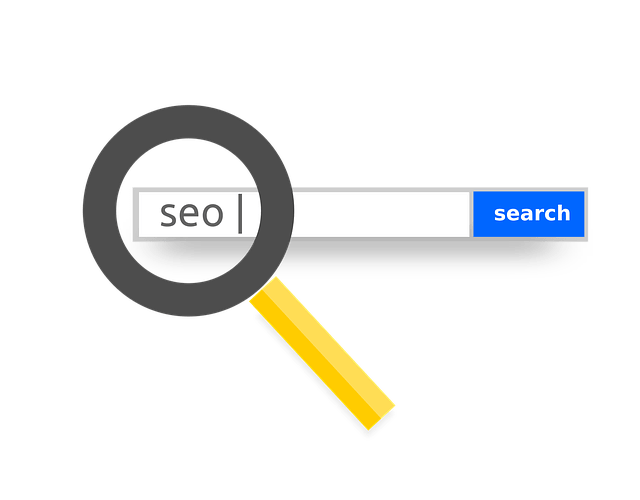Don’t let poor SEO (Search Engine Optimization) practices get in the way of gaining new customers.
Did you know that over 70% of B2B searches begin with a generic search for a product and no specific brand name? This statistic highlights the importance of SEO for B2B marketing and e-commerce, and for having a proper SEO strategy on your website.
Because most people will do a basic web search to find what they’re looking for, if your website is not in the top results, it’s likely you’ll be overlooked as an option.
Lead with the Product
A rich company history and strong industry knowledge are both important, but neither will draw attention from a generic product search. When a product you sell is entered into a search engine, ideally your site should come up high in the results, making it clear you are the leading seller of that product.
It may seem counter-intuitive, but in this specific instance, your company’s value is secondary to first being discovered. Most searches begin with a search for a solution to a problem, so you’ll need to strike the right balance between content devoted to a product vs. content devoted to a solution. My advice would be to lean more toward solution-related content.
There’s Still More to Do
It’s incredibly difficult to rank for a product or a product line without spending money on Google Ads.
To keep expenses down and actually stand out from the e-commerce giants in terms of SEO, promote something you have that they don’t – specialized product knowledge. Your product knowledge and your company’s ability to solve customers’ problems are what will set you apart from your competition and what your customers and prospects will find to be most valuable! You’ll need to get the word out about how much you know. This is where a strong multi-channel content marketing plan comes in. Check out this article I wrote for the National Association of Electrical Distributors in June about multi-channel marketing. It’s a quick read, but full of helpful advice.
Start with an optimized FAQ page on your site that answers commonly-searched questions about your product areas or the types of services you offer. When someone has a question about those products or services, chances are your FAQ page will provide the answer.
Sharing specialized product knowledge is something Amazon does NOT do, so you have a much better opportunity for views using this strategy. In other words, you’ll get better search results by including blogs and other content on your website that answers common questions from your customer base or addresses the concerns or issues they may be searching on.
Customers who read your information will be easier to sell to because you are helping them solve a problem or answer a question. Even if they don’t buy right away, you’ll generate name recognition and leave an impression as a helpful company that they may use in the future.
Be sure to keep an eye on your traditional marketing techniques as well. Your SEO strategy is just one more tool in your marketing toolbox that will help build your customer base by making you much more discoverable.
Let’s do this … Together!
Rather than struggle alone with decisions about what to change, where to invest, and what will work, bring in a team to support you. Together, we will discover the answers you need and teach you and your team to do it on your own. Our goal is to work ourselves out of a job so you can be self-sufficient!
Now is the time to take charge of your company’s digital sales and marketing efforts. I can help. Just give me a call, and let’s discuss the best options for moving forward.
We’ll define metrics, set goals, and measure KPIs going forward. You’ll watch your marketing efforts transform into a revenue-generating department that you can tie directly to a positive impact on your bottom line.







